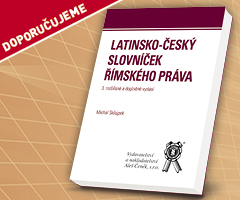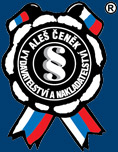Zařazeno v kategoriích: POLITOLOGICKÁ LITERATURA, SPOLEČENSKÁ LITERATURA
Trajectories of the Left
Kopeček Lubomír (ed.)
Formát
B5
ISBN
80-7325-078-0
EAN
9788073250782
The political Left in Europe at the beginning of the 21st century finds itself in a curious and in many ways historically unique condition. Its roots are connected with the end of the decades-long division of Europe into the East and the West in 1989. This has initiated the process of transformation of communist parties to the east of the River Elbe. As part of adaptation to new conditions, some of these parties formally gave up their original names, accepted democratic political competition as the basic means of the power struggle, and abandoned their Marxist-Leninist identities. In the attempt to strengthen their local and international legitimacy, these ex-communist formations usually became socially democratic. Not all former monopolistic communist formations decided to change their identities and ideologies so radically after 1989. They often remained more or less tied to their communist traditions. This results in the Central and Eastern Europe providing a very varied picture of the political Left.
Ostatní s tímto titulem kupují:
-
Položka byla přidána do košíku.
























